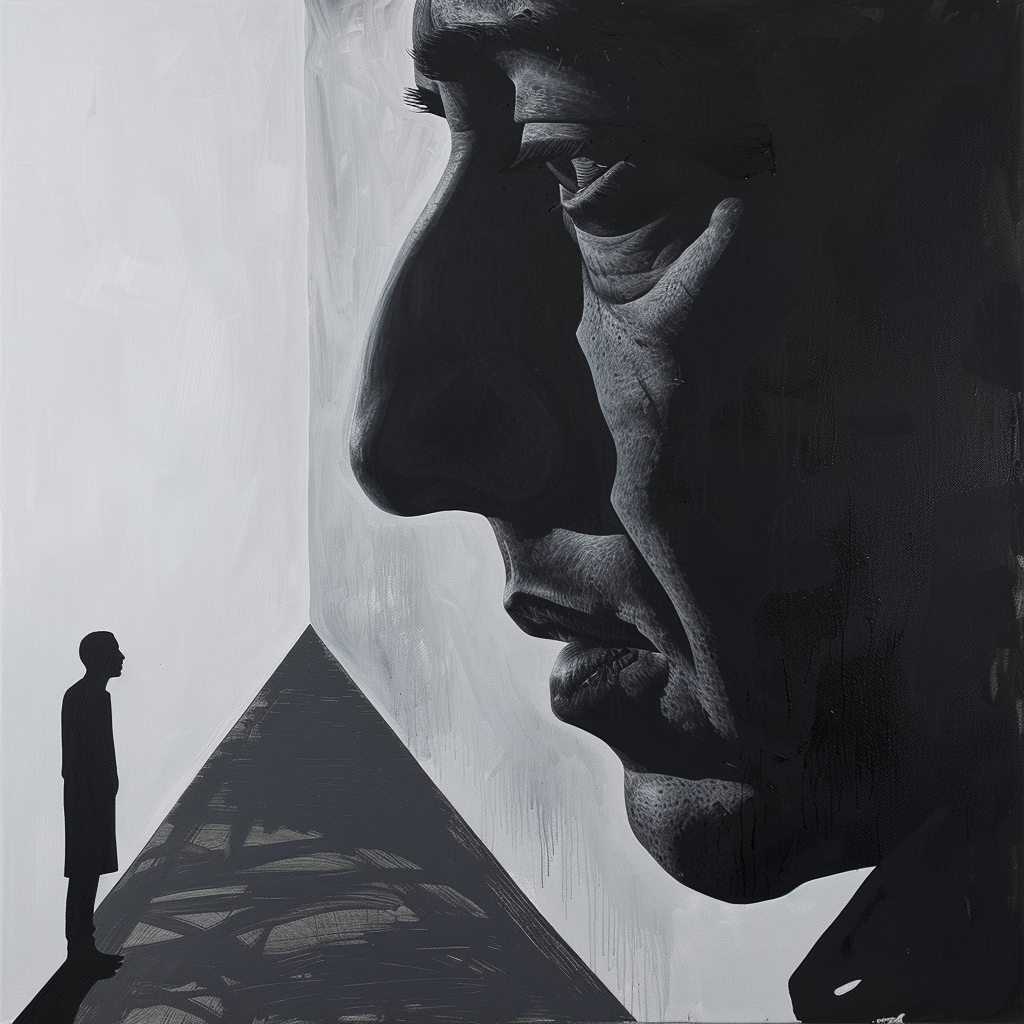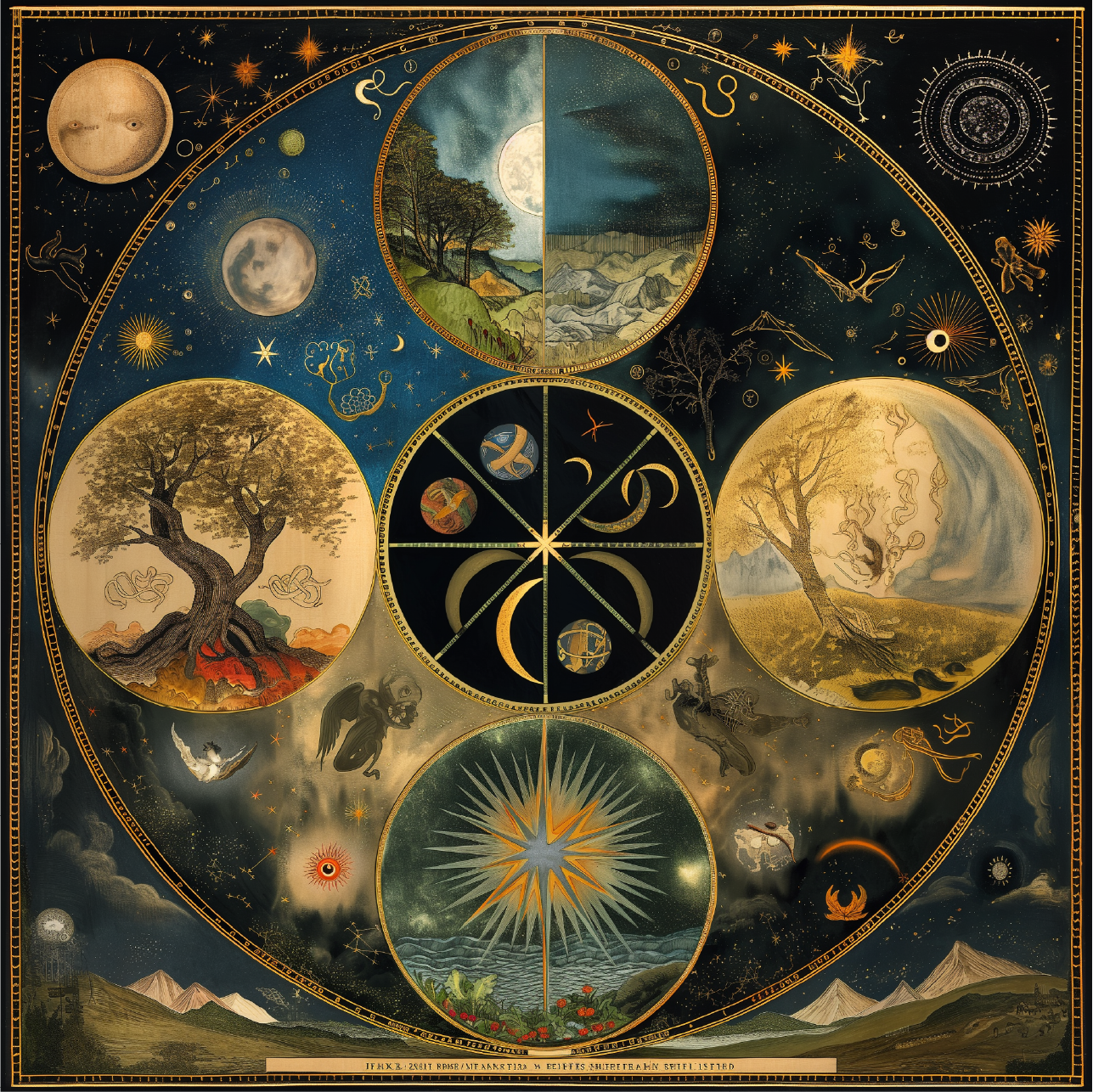The Rebel archetype, as conceptualized by Carl Jung, embodies nonconformity, individualism, and a desire for revolution. This archetype represents the impulse to challenge authority, question the status quo, and break free from societal norms and constraints. Rebels are characterized by their independence, defiance, and willingness to stand up for their beliefs, even in the face of opposition.
At its core, the Rebel archetype symbolizes the quest for freedom and self-expression. Individuals who resonate with this archetype often reject traditional values and conventions, seeking to carve out their own path in life. They are driven by a deep sense of authenticity and a desire to live in alignment with their true selves, regardless of societal expectations.
In the psyche, the Rebel archetype represents the integration of the shadow—the darker, more rebellious aspects of the human psyche. Rebels often experience a sense of alienation from mainstream society, feeling like outsiders or misfits. However, this sense of alienation can also be a source of strength, empowering individuals to challenge injustice and oppression and fight for a more just and equitable world.
However, the Rebel archetype also carries the potential for shadow aspects, such as defiance, impulsiveness, and a disregard for consequences. When these shadow traits dominate, individuals may become overly rebellious or reckless, rejecting authority for its own sake without considering the broader implications of their actions.
In myth and folklore, the Rebel archetype is often represented by figures such as revolutionaries, outlaws, and freedom fighters, who challenge oppressive systems and fight for social change. These archetypal stories serve as symbols of liberation and empowerment, reminding us of the importance of questioning authority and standing up for what we believe in, even in the face of adversity.

.png)


